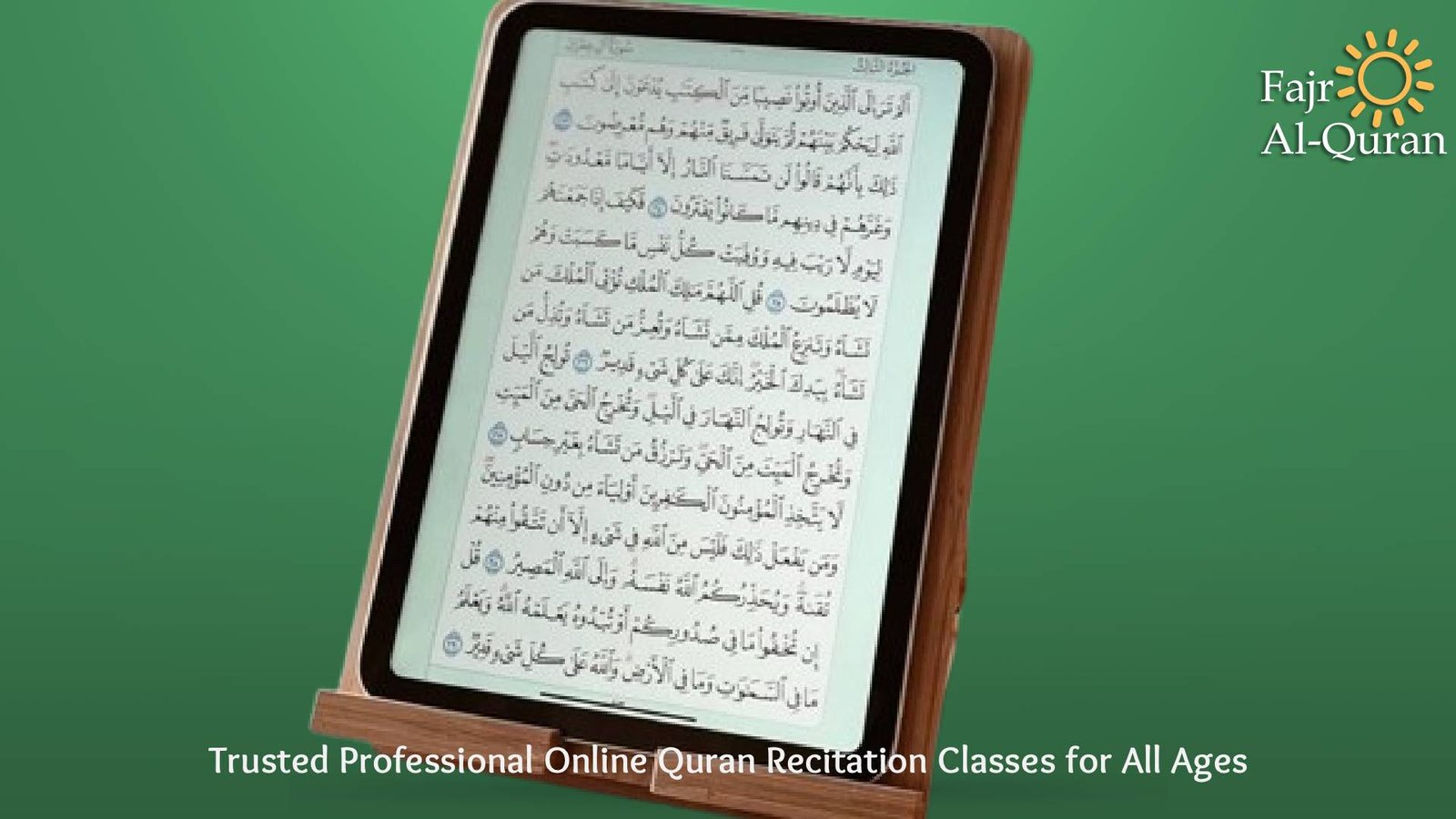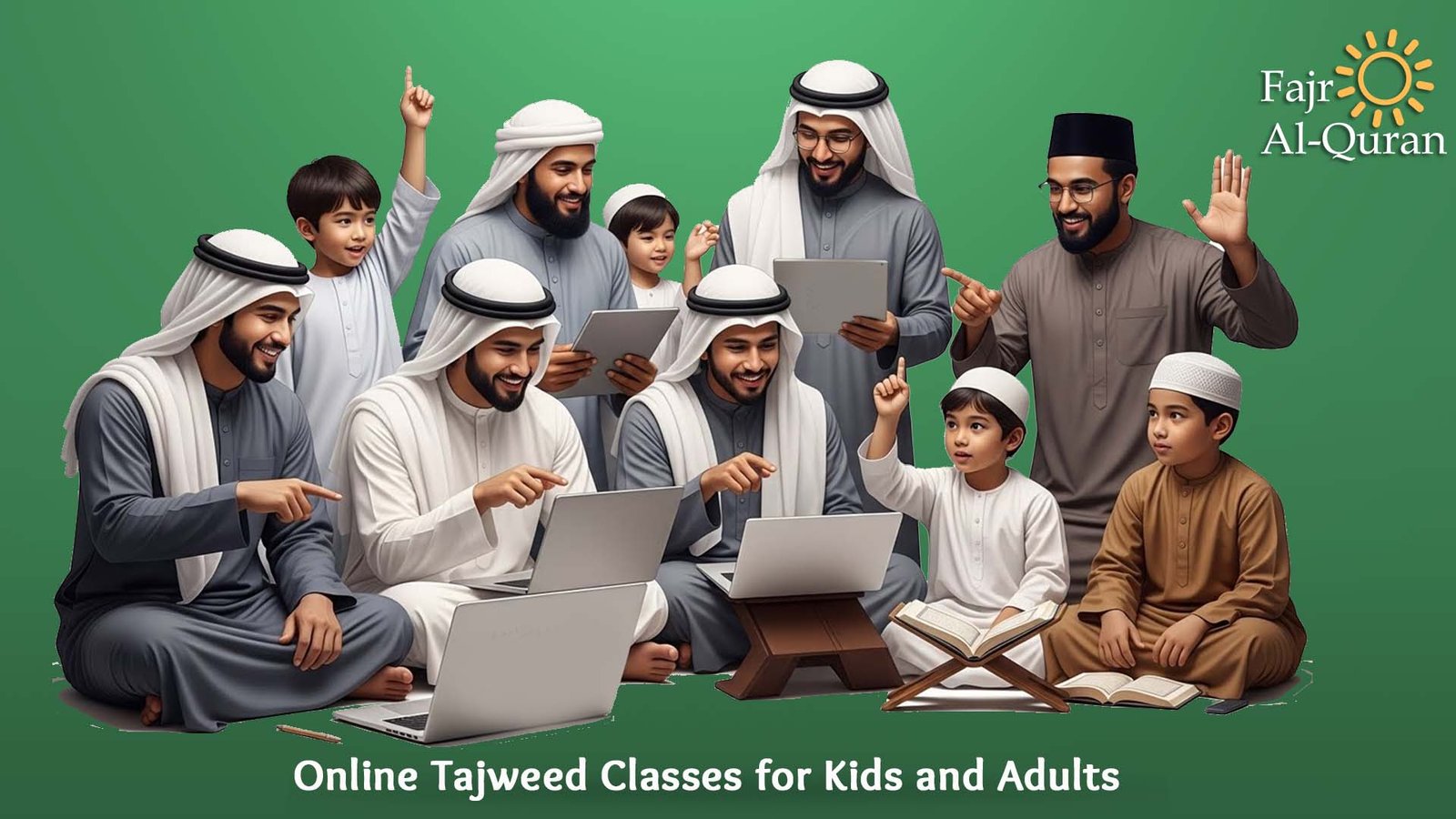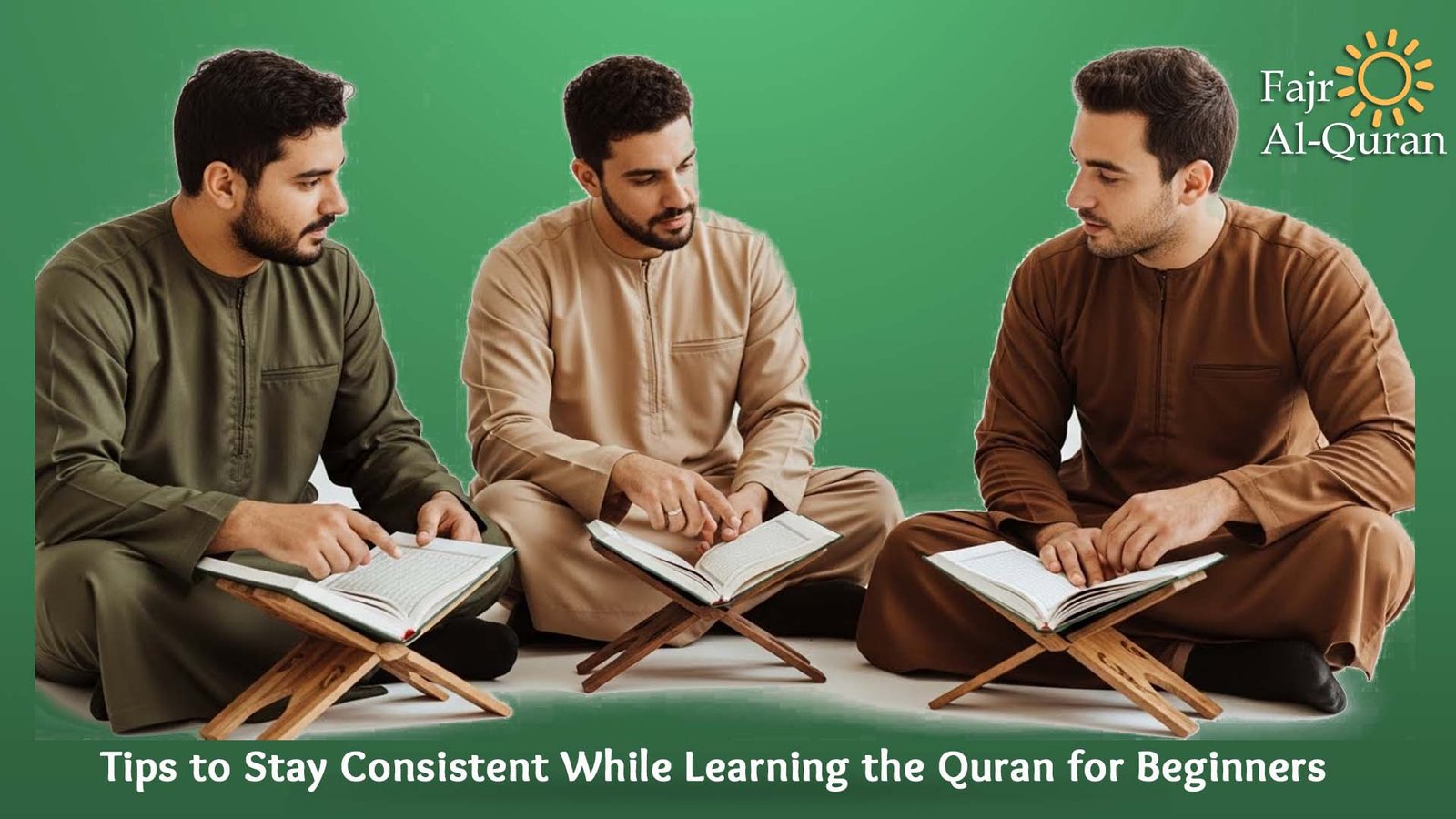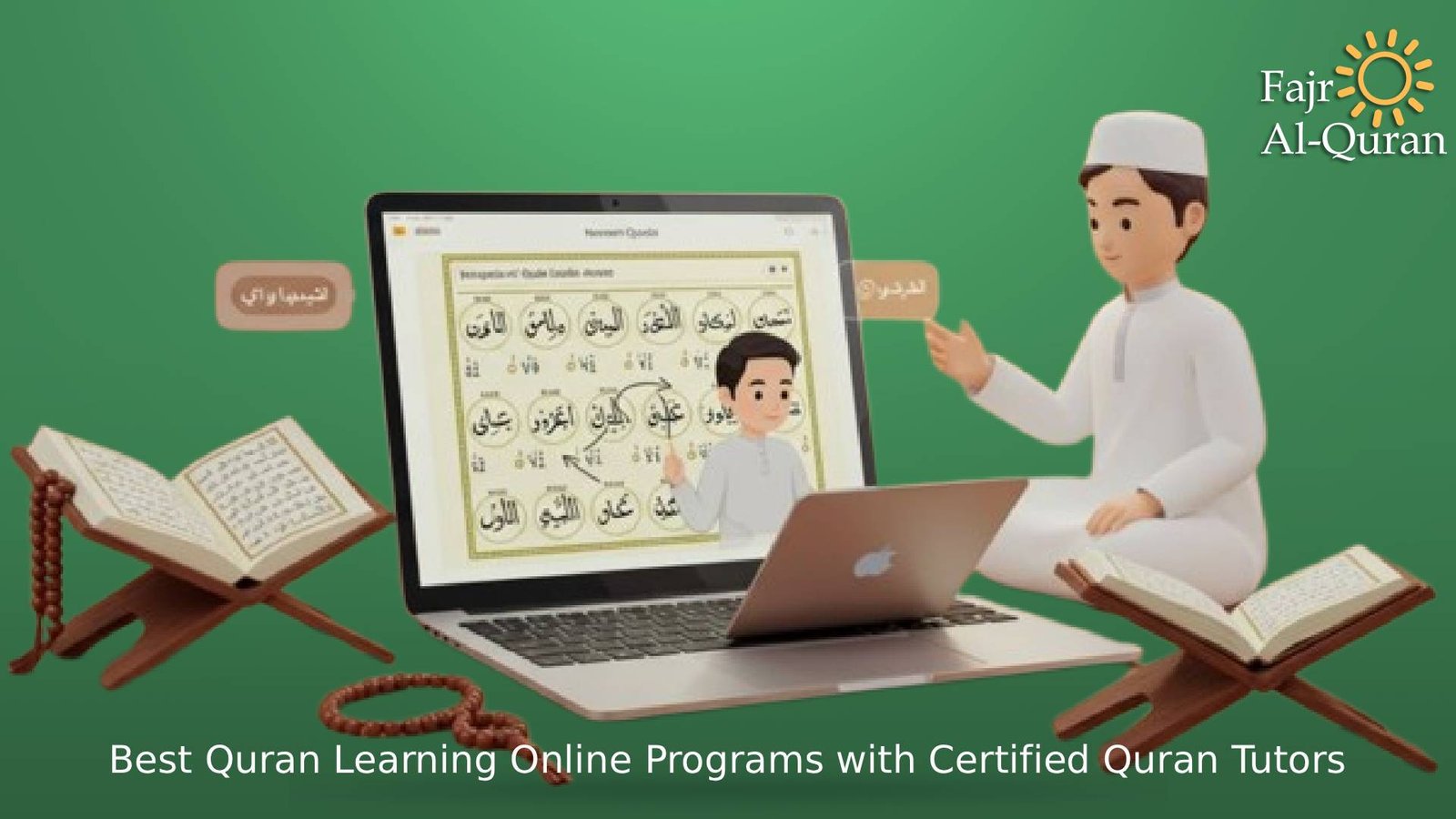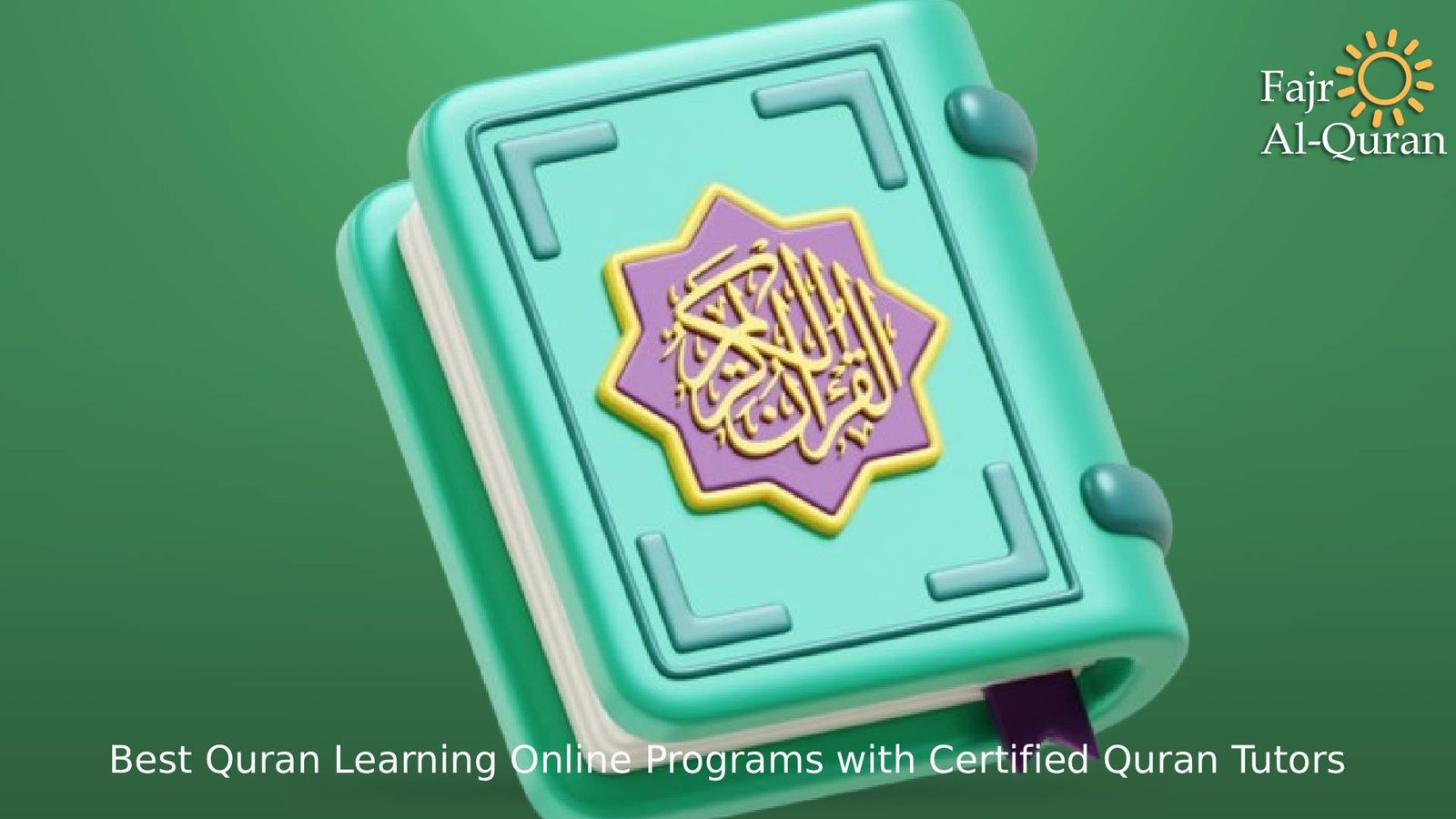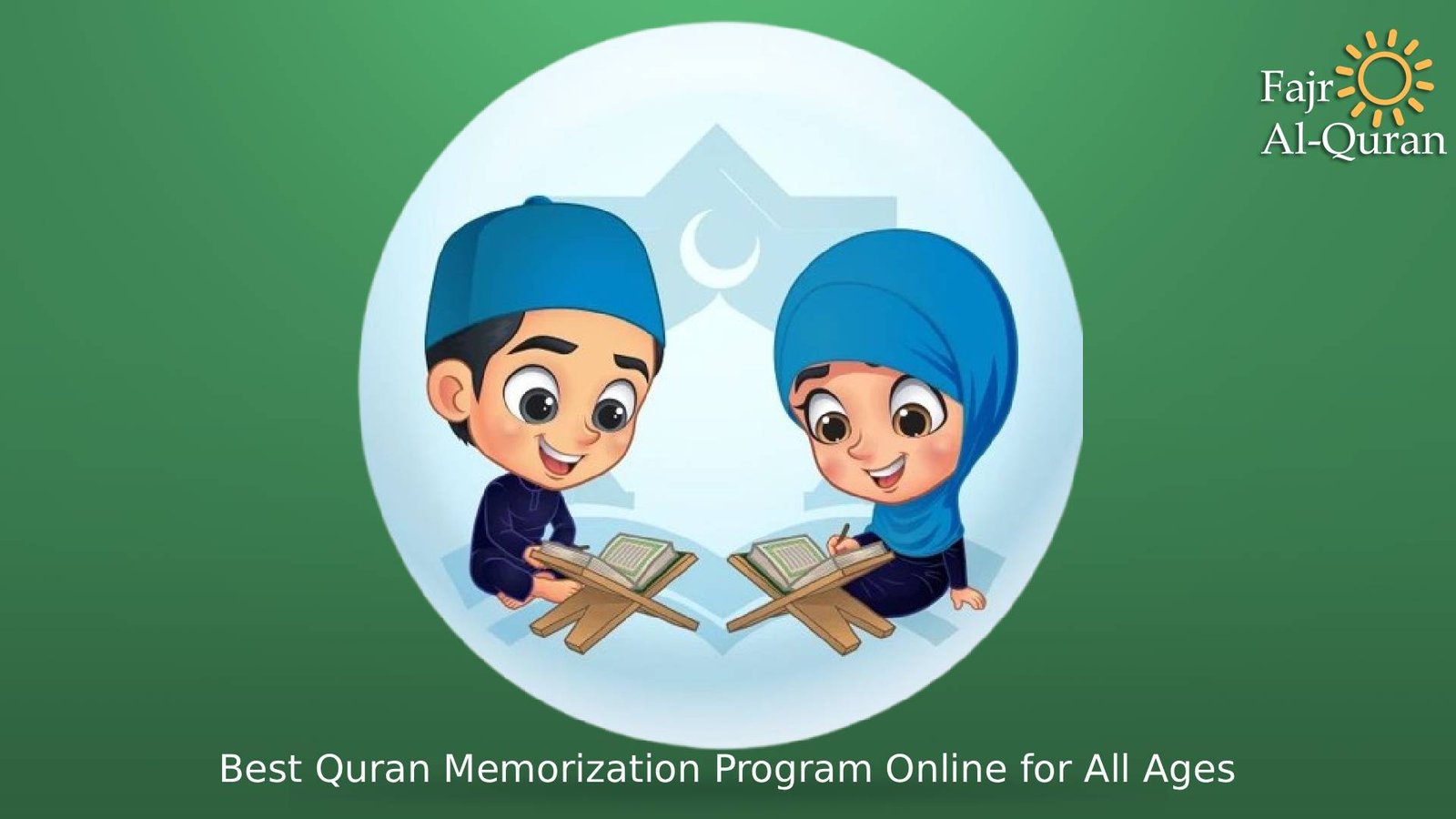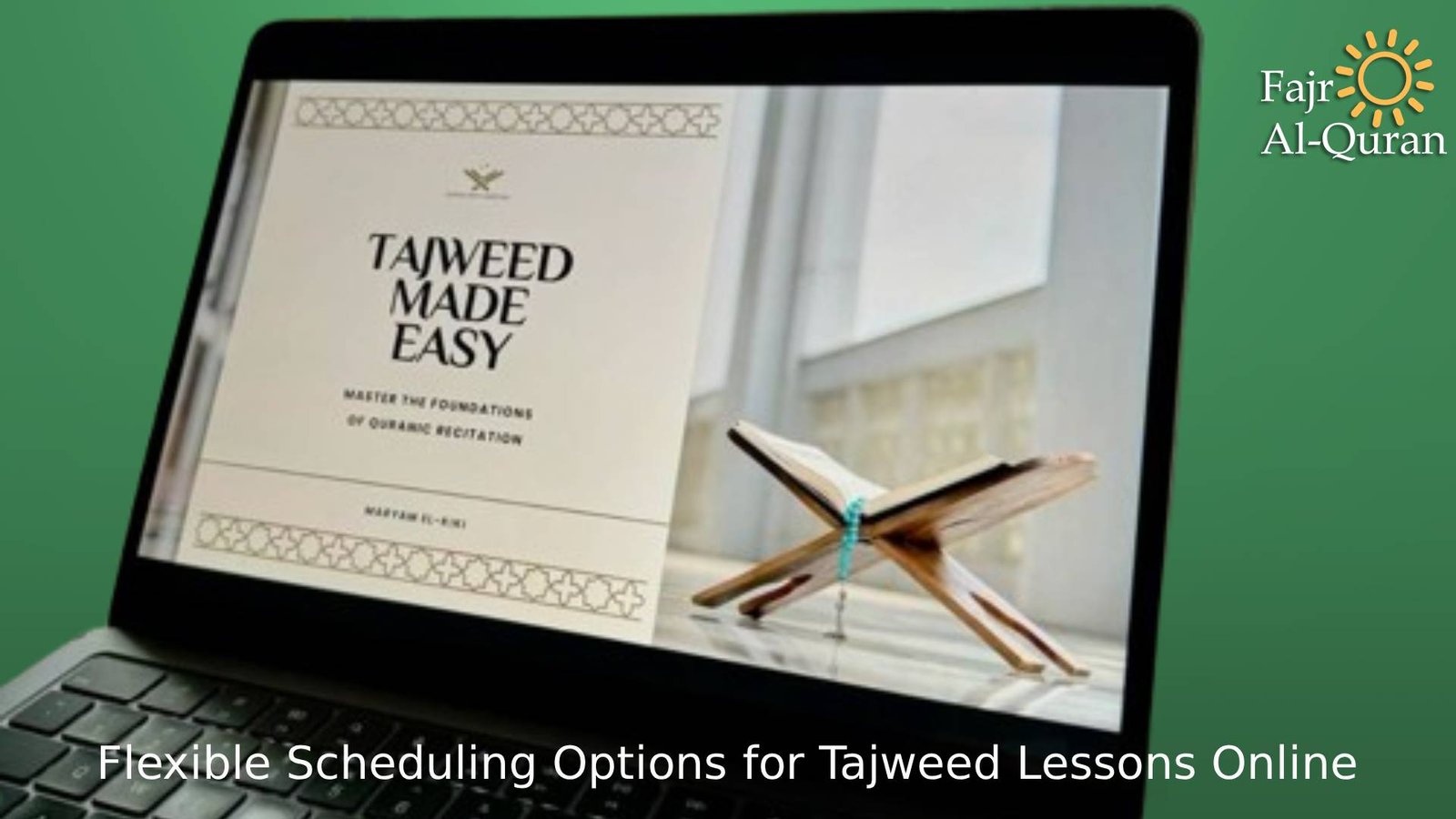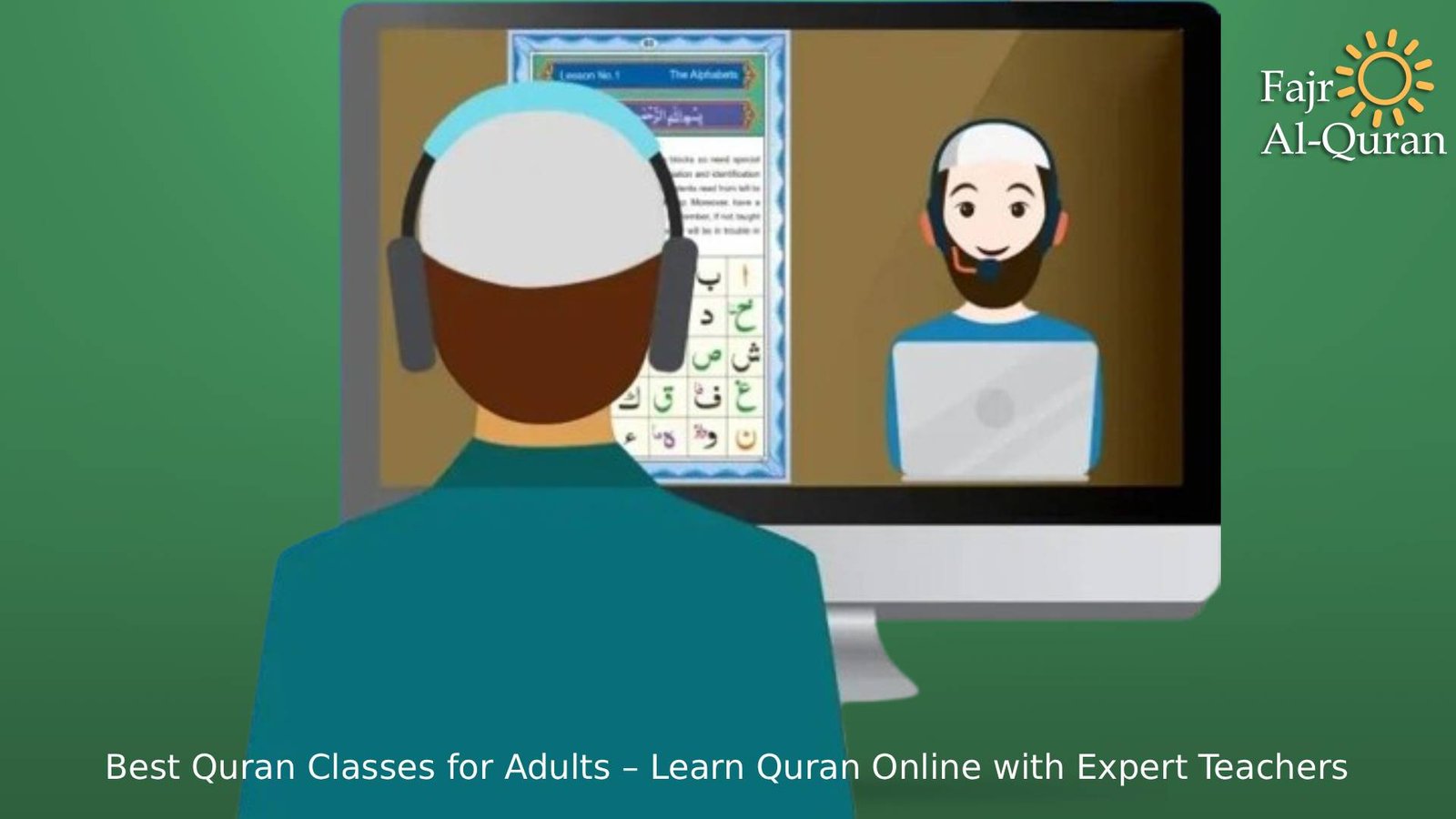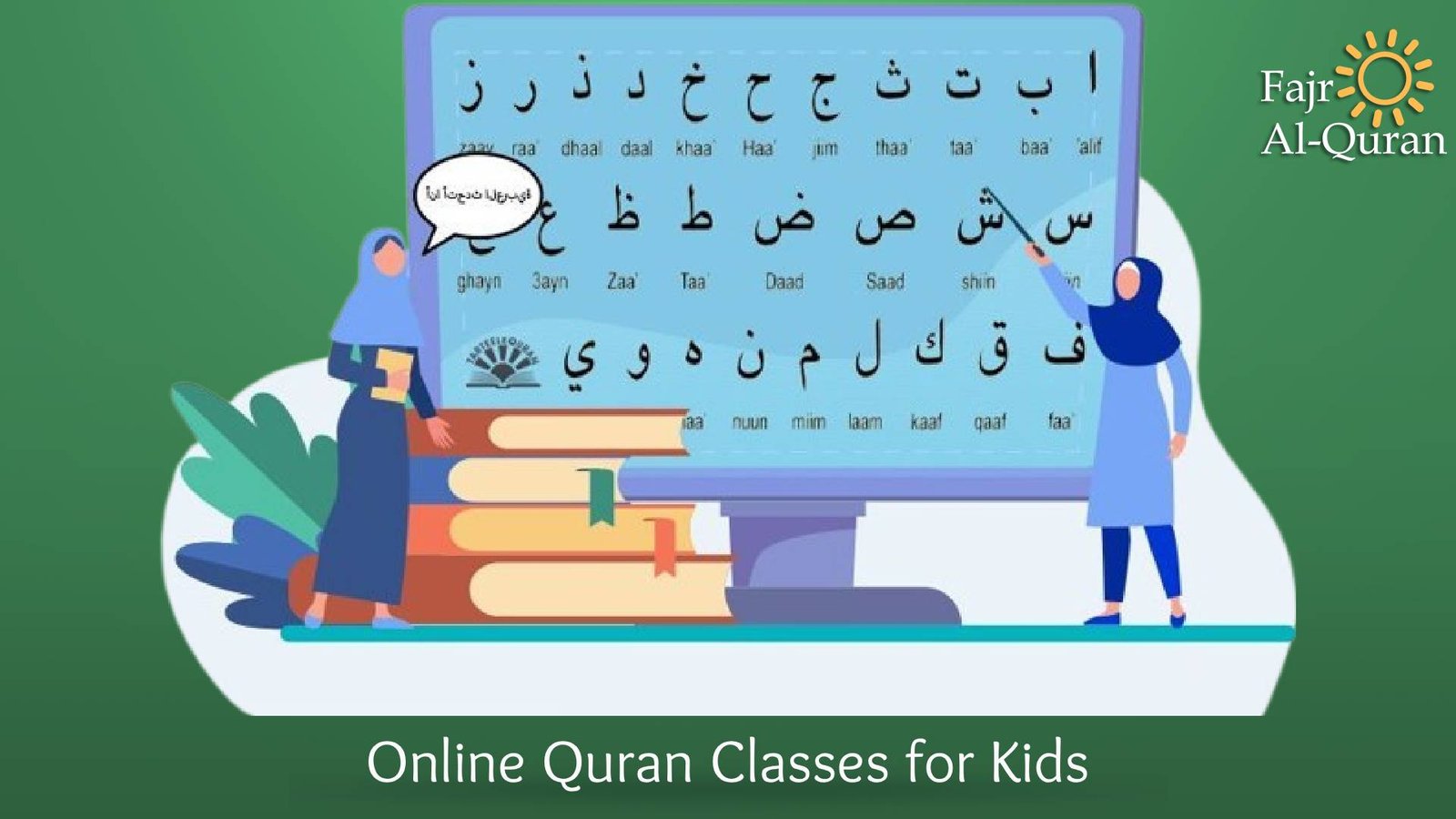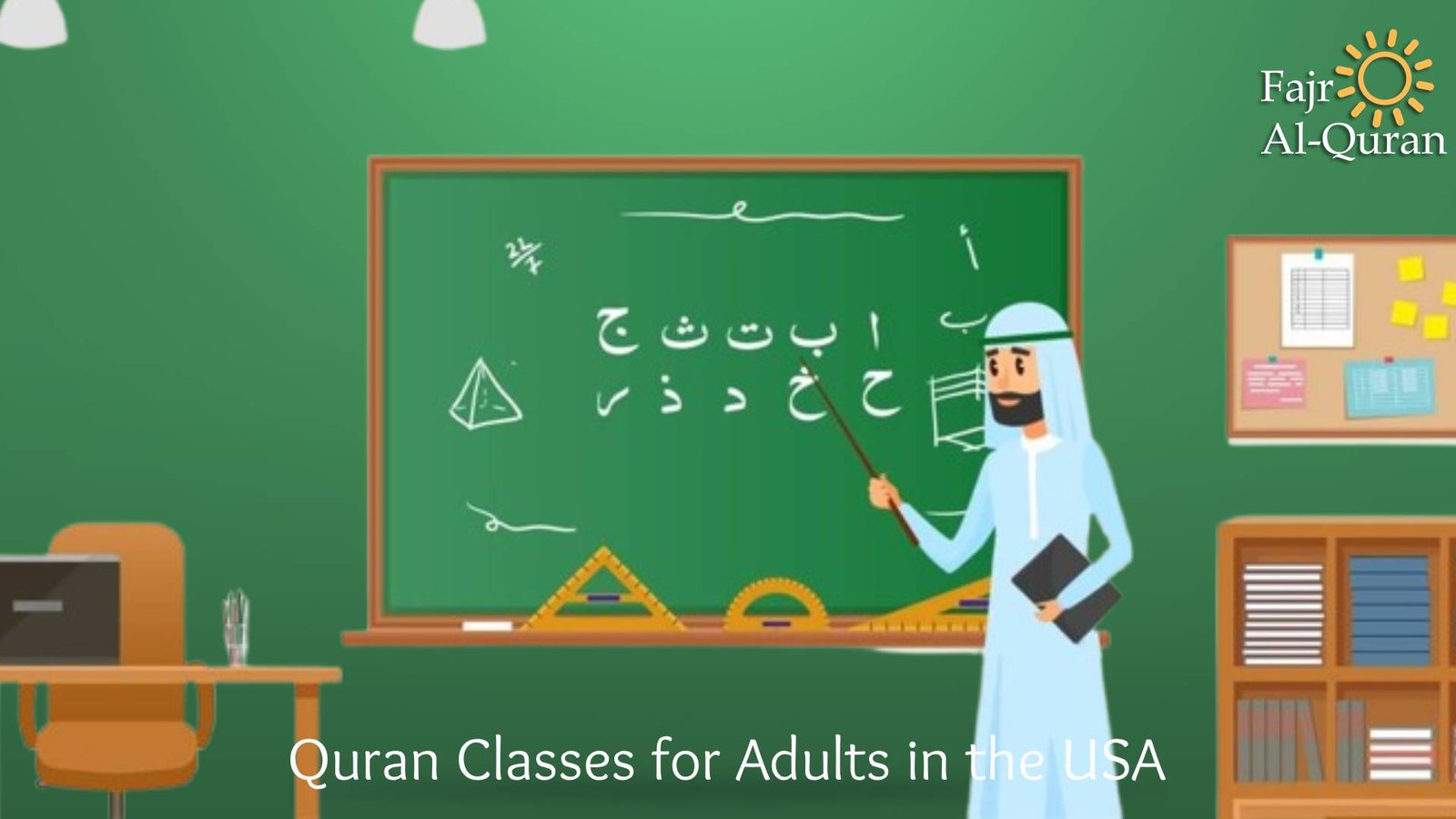Learn Quran memorization with Tajweed at a trusted Quran Hifz Academy online, featuring certified teachers, flexible classes, and personalized Hifz programs for kids and adults. For Muslim families, students, adults, children, and seekers of knowledge, the opportunity to learn Quran memorization online with Tajweed has opened doors to a flexible, personalized, and spiritually enriching experience. A Quran Hifz Academy online is no longer just an alternative to traditional schooling; it is becoming the preferred choice for those who want quality education, certified instructors, and a supportive environment without geographic limitations.
The journey of memorizing the Quran is more than an academic goal; it is a sacred mission that connects the heart to divine guidance, shapes character, and builds a lifelong relationship with the Qur’an. Through a Quran Hifz Academy Online, students can access structured hifz programs, one-on-one Quran tutors, and a comprehensive hifz curriculum that integrates Tajweed rules, Quran recitation, understanding, and spiritual growth.
Whether you are a beginner learning the Arabic Qaida, a child starting hifz for kids, or an adult aiming to become a Hafiz, online Quran classes offer a pathway designed for all ages, levels, and learning styles. At the forefront of this digital transformation stands the Leading platform Fajr Al-Quran Academy, known for its commitment to quality, certified teachers, and personalized Quranic education.
This article explores how a Quran Hifz academy online works, its benefits, trusted programs, and how you can begin your own journey of Quran memorization in a structured, effective, and spiritually fulfilling way.

What Is a Quran Hifz Academy Online?
A Quran Hifz Academy Online is a digital learning platform dedicated to teaching students how to memorize the entire Quran or selected portions with proper Tajweed, pronunciation, and understanding. Unlike traditional Quran schools that require physical attendance, an online Quran academy uses video conferencing tools, digital resources, and interactive learning methods to connect students with qualified Quran tutors from anywhere in the world.
This type of academy provides online Quran classes that follow a structured hifz program designed to suit different age groups and learning levels. Whether you are a beginner learning to read Arabic or an advanced learner working on mastering memorization and recitation, the academy offers comprehensive online hifz solutions that adapt to your pace and goals.
The role of an online Quran academy goes beyond memorization. It emphasizes Quran reading, understanding, and spiritual connection. Lessons often include Tafseer, Tajweed, and Quranic studies to ensure students not only memorize the sacred text but also comprehend its meanings and apply its teachings in daily life. This holistic approach makes online Quran learning an effective and meaningful experience for students worldwide.
Through flexible schedules, personalized lessons, and access to certified instructors, a Quran Hifz Academy Online ensures that learning the Quran becomes accessible, comfortable, and effective for students in different time zones, cultures, and life situations. The digital format also allows families to monitor progress, communicate with teachers, and create a supportive learning environment at home.
Benefits of Learning Quran Memorization Online with Tajweed Rules
Choosing to memorize the Quran online offers a wide range of benefits that combine spiritual growth, academic excellence, and modern convenience. One of the most important advantages is the focus on Tajweed, which ensures that students recite every word of the Quran with accuracy, beauty, and respect for the sacred language.
Learning online allows students to benefit from personalized instruction. One-on-one Quran classes mean that tutors can identify strengths and weaknesses, adjust teaching methods, and provide tailored guidance. This approach helps students build confidence, improve pronunciation, and strengthen their memorization skills over time.
Another major benefit is flexibility. Online Quran classes can be scheduled around school, work, or family commitments. This is especially valuable for adults, working professionals, and families with busy routines. The ability to log in from anywhere in the world removes geographical barriers and provides access to qualified Quran teachers regardless of location.
Parents also appreciate the supportive and safe environment that online learning creates for children. Hifz for kids programs are designed with interactive lessons, encouragement, and consistent progress tracking to keep young learners motivated and focused. This structured approach ensures that children develop a strong foundation in Quran reading, memorization, and Islamic values.
From a spiritual perspective, learning Quran memorization online fosters a deeper connection to the Holy Quran. Regular recitation, guided by expert instructors, helps students internalize the words of Allah and carry them in their hearts. This journey builds discipline, patience, and a lifelong love for the Quran that extends beyond academic achievement.
Trusted Quran Memorization Programs in Quran Hifz Academy Online
A trusted Quran memorization program is the backbone of any successful online hifz academy. These programs are carefully designed to ensure that students progress systematically, retain what they memorize, and develop a strong understanding of Tajweed and Quranic language.
At a reputable academy, the hifz curriculum is divided into clear stages. Beginners often start with the Arabic Qaida to learn pronunciation, letter recognition, and basic reading skills. As students gain confidence, they move on to short Surahs, gradually building their memorization capacity and mastering Tajweed rules.
Advanced learners follow a structured plan that focuses on consistency, daily revision, and long-term retention. This approach ensures that memorized portions remain strong while new verses are added. Regular assessments and feedback from certified instructors help students stay on track and achieve their goals.
The Leading platform, Fajr Al-Quran Academy, is known for offering trusted and comprehensive Quran memorization programs. Its academy offers a supportive learning environment, qualified male and female teachers, and a personalized approach that caters to children, women, and adult learners alike. The academy’s programs are designed to combine spiritual development with academic excellence, ensuring that students not only memorize the Quran but also understand its message and significance.
With worldwide access, flexible schedules, and a commitment to quality, trusted online Quran Hifz academies provide a reliable pathway for students to achieve their dream of becoming Hafiz while maintaining balance in their daily lives.

Memorize the Quran with Quran Hifz Academy Online
The process of memorizing the Quran is a sacred journey that requires dedication, patience, and proper guidance. A Quran Hifz academy online provides the tools and support needed to make this journey effective and fulfilling.
Students begin with a clear plan that outlines daily lessons, weekly goals, and long-term milestones. This structured approach helps learners stay motivated and track their progress over time. With regular Quran recitation, revision sessions, and personalized feedback, students build confidence and mastery step by step.
One of the most powerful aspects of online learning is the direct connection with expert Quran tutors. These instructors provide real-time corrections, explain Tajweed rules, and offer spiritual encouragement. Their guidance ensures that students recite the Quran correctly and understand the importance of preserving its purity.
Families play an important role in this journey as well. Online academies often provide resources and progress reports that allow parents to support their children’s learning at home. This collaborative approach creates a nurturing environment that strengthens the bond between families and the Holy Quran.
Whether your goal is to memorize the entire Quran or focus on selected Surahs, a Quran Hifz Academy Online offers a comprehensive and supportive pathway to achieve your spiritual and academic aspirations.
Top-Rated Quran Hifz Academy Online for Kids and Adults
A top-rated Quran Hifz academy online stands out through its commitment to quality, accessibility, and student success. These academies are designed to serve learners of all ages, from young children taking their first steps in Quran reading to adults pursuing advanced memorization and Quranic studies.
For children, the learning experience is often interactive and engaging. Lessons are structured to maintain focus, encourage participation, and build a positive relationship with the Quran. Hifz for kids programs include visual aids, repetition techniques, and motivational strategies that make learning enjoyable and effective.
Adults benefit from flexible schedules and personalized lesson plans that fit around work and family commitments. Online classes provide a comfortable environment where learners can progress at their own pace without pressure or distractions.
The Leading platform, Fajr Al-Quran Academy, has earned recognition for its comprehensive approach to Quran education. With certified instructors, structured programs, and a focus on Tajweed and understanding, the academy offers a complete learning experience for both kids and adults. Its global reach and supportive environment make it a trusted choice for Muslim families worldwide.
By combining tradition with technology, top-rated Hifz Quran Online academies ensure that the sacred journey of memorization remains accessible, meaningful, and impactful for every student.
Affordable Quran Hifz Courses in Quran Hifz Academy Online
Affordability is a key factor for many families and students seeking quality Quran education. A Quran Hifz academy online offers cost-effective solutions without compromising on the quality of instruction or resources.
Online platforms eliminate many of the expenses associated with traditional schooling, such as transportation, physical facilities, and printed materials. These savings allow academies to offer competitive pricing and flexible payment plans that suit different budgets.
Despite being affordable, these academies maintain high standards of education. Students still receive one-on-one guidance from qualified Quran tutors, access to comprehensive curricula, and regular progress assessments. This balance of quality and affordability makes online Quran classes an attractive option for families around the world.
The academy offers trial classes that allow students to experience the learning environment before committing to a program. This transparency builds trust and helps families make informed decisions about their Quran education.
By providing accessible and affordable Quran Hifz courses, online academies ensure that the opportunity to memorize the Holy Quran is available to students from all backgrounds and circumstances.
Best Online Quran Hifz Academy for Beginners and Advanced Learners
A truly effective Quran Hifz academy online caters to both beginners and advanced learners, offering programs that evolve with the student’s progress and goals.
Beginners start with foundational lessons in Arabic reading, pronunciation, and basic Tajweed rules. These early stages focus on building confidence and creating a strong connection with the Quran. Step-by-step guidance ensures that students develop correct habits from the very beginning.
As learners advance, the focus shifts to consistent memorization, long-term retention, and a deeper understanding of the Quranic language. Advanced programs may include Tafseer, advanced Tajweed, and Quranic studies that enrich the student’s knowledge and spiritual growth.
The Leading platform, Fajr Al-Quran Academy, provides a comprehensive learning journey that supports students at every stage. Its personalized approach ensures that each learner receives the right level of challenge and encouragement, making the path to becoming a Hafiz both achievable and rewarding.
By offering structured programs for all levels, the best online Quran Hifz academies create an inclusive and effective learning environment that nurtures both academic excellence and spiritual development.

One-on-One Online Quran Hifz Classes with Certified Teachers
One of the defining features of a high-quality Quran Hifz academy online is the availability of one-on-one classes with certified teachers. This personalized approach allows students to receive focused attention, immediate feedback, and tailored lesson plans.
Certified instructors bring expertise in Tajweed, Quran recitation, and memorization techniques. Their guidance ensures that students learn with accuracy and confidence. One-on-one sessions also create a comfortable space for learners to ask questions, clarify doubts, and build a strong rapport with their teacher.
This personalized model is especially beneficial for children and beginners who may need extra support and encouragement. For advanced learners, it provides an opportunity to refine their recitation, strengthen memorization, and explore deeper Quranic studies.
Through consistent interaction with qualified teachers, students develop discipline, motivation, and a deeper appreciation for the sacred text. This supportive environment is a cornerstone of successful Quran memorization and long-term spiritual growth.
How to Enroll in a Trusted Quran Hifz Academy Online
Enrolling in a trusted Quran Hifz academy online is a simple and straightforward process designed to welcome students from around the world.
The first step is to explore the academy’s website and review the programs offered. Look for information about the curriculum, teaching methods, instructor qualifications, and class schedules. Many academies provide trial classes that allow you to experience the learning environment before committing.
Once you choose a program, you can complete the online registration form and select a suitable class schedule. The academy’s support team often assists with login details, technical setup, and any questions you may have about the program.
After enrollment, students are matched with qualified tutors and begin their personalized learning journey. Regular assessments and progress reports help track development and ensure that goals are being met.
With worldwide access, flexible scheduling, and a commitment to quality education, enrolling in a trusted Quran Hifz Academy Online is the first step toward achieving your dream of memorizing the Holy Quran and strengthening your connection to its divine message.
Conclusion: Begin Your Sacred Journey with a Quran Hifz Academy Online
The journey of memorizing the Quran is one of the most rewarding and transformative experiences a Muslim can undertake. Through a Quran Hifz Academy Online, this sacred path becomes accessible, structured, and supportive for students of all ages and backgrounds.
With personalized lessons, certified teachers, flexible schedules, and a comprehensive curriculum that emphasizes Tajweed, understanding, and spiritual growth, online Quran academies provide a complete learning experience. The Leading platform, Fajr Al-Quran Academy, stands as a trusted example of excellence in Quranic education, offering quality programs designed to nurture both the mind and the heart.
Whether you are a parent seeking hifz for kids, an adult pursuing personal growth, or a family looking for a reliable Quran academy online, the opportunity to learn, memorize, and live by the teachings of the Holy Quran is within reach.
Take the first step today. Enroll in a trusted Quran Hifz academy online, begin your journey of Quran memorization with Tajweed, and carry the sacred words of Allah in your heart for a lifetime.







